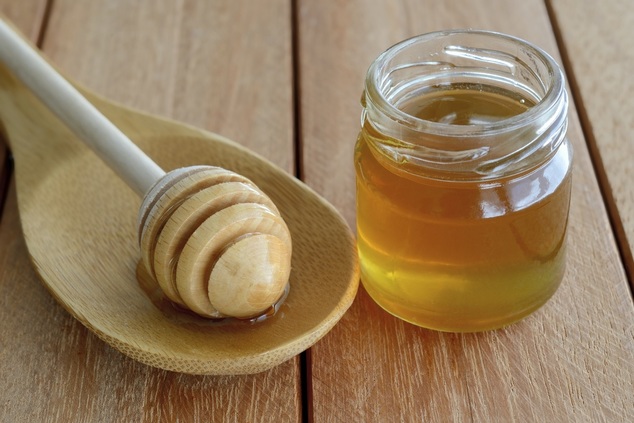|
This week's What's That?! Wednesday post is the third in our series on the topic of sugar. With so much contradicting information out there, it can be difficult to weed through the fiction and understand what sweet foods are safe or at least acceptable in small quantities in our diets.
I can tell you from my own experience and from working with my clients on sugar addiction, the answer to this question will vary significantly from person to person. Keep in mind each person has their own unique biochemistry and therefore, our bodies will each respond in slightly different ways to different types and sources of sugar - even "natural" sugars. One sensible way that everyone can add a touch of sweet to your diet is through eating some low-glycemic fruits and vegetables that are naturally sweet. Try organic berries, apples, bananas, goji berries, raw coconut, cacoa, carrots, sweet potatoes, squashes like pumpkin or butternut, or some fresh, organic corn. A good serving size is 1/2 cup of low-glycemic fruits each day paired with some protein, fiber, and/or fat to help slow down your body's sugar response and keep additional cravings for more fruit at bay. Examples: apple slices with raw almond butter, berries in a smoothie with an avocado and/or some plant based protein powder, 1/2 of a sweet potato with some grass-fed ghee or coconut oil, then sprinkled with cinnamon, or try our Banana Protein Pancakes. When you do decide to eat some sugar outside of these sources, we recommend that you go with a natural sugar choice and stick to only one serving. Avoid products like cane sugar, brown sugar, and high fructose corn syrup that have been highly processed and refined and contain toxic, GMO ingredients that can drive up inflammation. Choose something that is organic, similar to its natural form, and minimally processed. Here are our top 4 recommendations that meet those criteria best in our opinion... 4 Natural Sweeteners We Recommend:
Also, if you missed the first two weeks of this series on sugar, check out our posts: 10 Tips to Get Rid of Sugar Cravings and 6 Reasons to Avoid Artificial Sweeteners to get caught up! If you liked this blog, you may also like our new eBook, 10 Day Sugar Detox Diet, over 30 recipes that are low in carbs and sugar free plus 2 (5-day) meal plans with make-ahead tips and grocery shopping lists to save you time! Stay tuned for next week when we cover: 5 Sources of Hidden Sugar in Your Diet. Until then, take care friends! ~Billie References: 1. Department of Nutrition, University of California, Davis, March 2003 2. BR Med J: Clinical Res. Ed, June 1985 3. Department of Applied Nutrition, Defense Food Research Laboratory, March 2013. 4. European Journal of Microbiology and Immunology, December 2015.
0 Comments
Leave a Reply. |
Billie Shellist, FDN-P
I practice functional nutrition, an approach that allows me to look at your entire health history and help you find the "root causes" of your chronic health complaints. This cuts out the trial and error process and helps you get real symptom relief and resolution! Food is medicine and knowledge is power -I hope you enjoy my anti-inflammatory recipes which are gluten, dairy, and soy free as well as very low grain and sugar. If you'd like to heal from the root cause(s) of your chronic symptoms, try starting with a complimentary 15-minute consultation. Click here to request your free session. |


